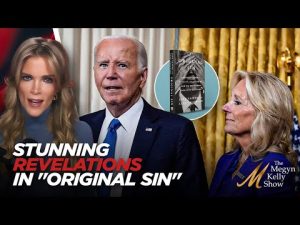In a tale that could rival some of the most intriguing detective dramas, recent documents have emerged, spotlighting a case of surveillance that raises eyebrows and questions. At the center of this story is an individual who found themselves subject to scrutiny by federal air marshals. This scenario unfolded as meticulous notes were taken about their appearance, electronic devices, and any interactions they might have had during their travels. While this sounds like a plot straight out of a spy novel, it turns out this surveillance was all too real and, as documents reveal, politically motivated.
It’s hardly a surprise that those in the political arena often find themselves in situations worthy of a thriller movie. However, what’s particularly interesting about this case is the web of reasons fueling the surveillance. While some may argue that certain levels of observation are necessary for national security, it becomes worrisome when political motivations tip the scale, driving decisions that could otherwise be termed excessive or unnecessary. The comparisons with other travelers under similar circumstances further highlight how out of the ordinary this situation was.
Ironically, out of all the travelers at the same events, including high-profile figures from the previous administration, this individual’s name seems to have been the only one penciled onto the “quiet skies” list. They had just one differentiating factor: appearing as a vocal critic on air, specifically of the then Vice President. While it’s bewildering to think those few moments on a conservative news channel could lead to such extensive security measures, it becomes less surprising when considering recent political climates.
In a world where political discourse is more divisive than ever, it seems that being a critic comes with its own set of potential challenges. Some may argue that this kind of surveillance reflects a normalization of monitoring critics, setting a dangerous precedent for how dissenting voices might be treated moving forward. When opinions dislike the powerful, events like these suggest consequences that are as blurry as they are concerning.
Thus, this apparent confluence of air marshals and partisan politics stirs an unsettling dialogue about privacy, security, and the lengths to which authorities might go to maintain a hold over opposing narratives. As the layers of this story unfold, one looks forward to seeing how those in power will justify or respond to this approach and whether any changes to surveillance protocols will be on the horizon.







